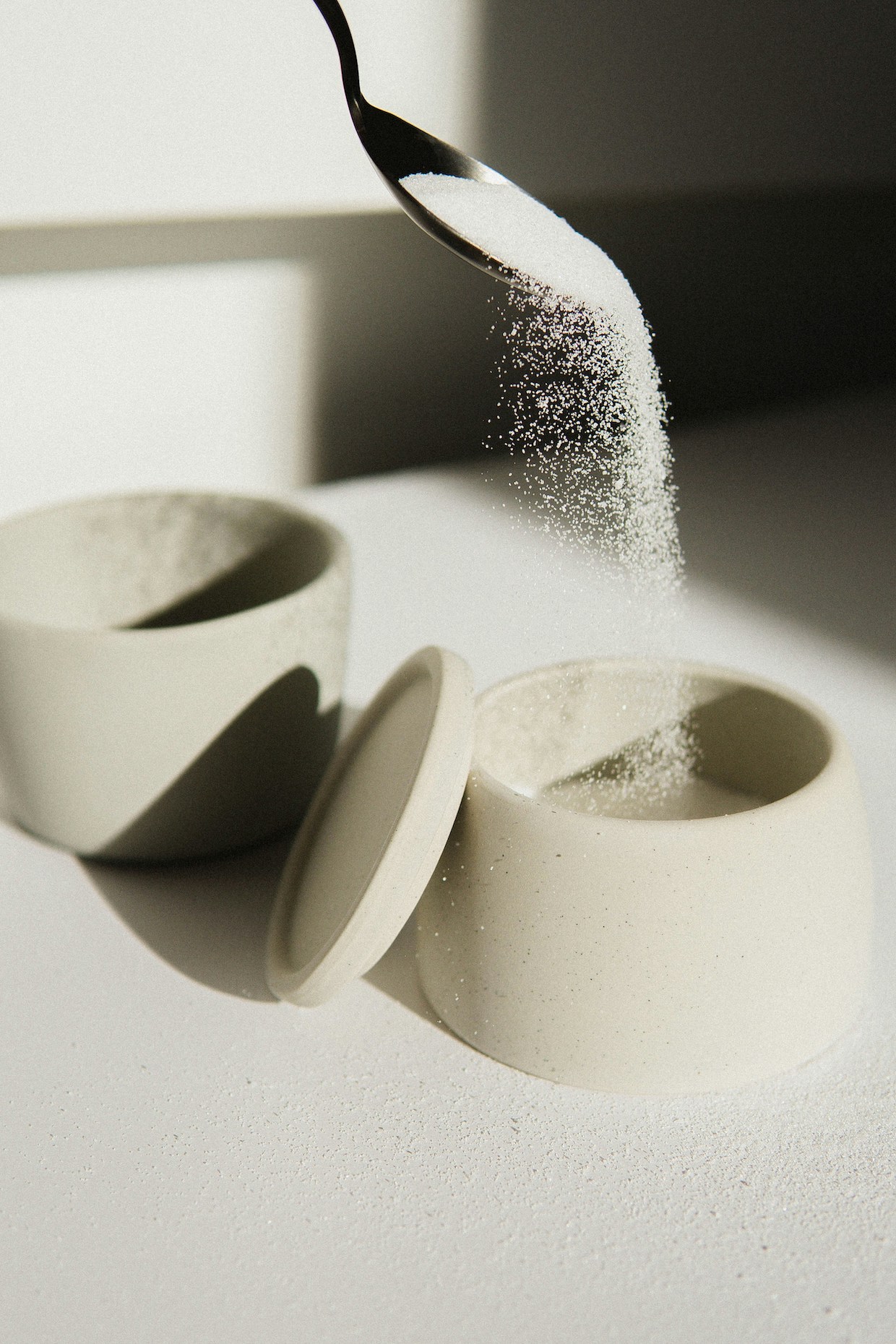A major new study found that drinking coffee is consistently linked to a lower risk of developing type 2 diabetes (T2D), although the protective effect is substantially weakened with the addition of sugar or artificial sweeteners.
Led by a team of researchers affiliated with the Harvard T.H. Chan School of Public Health, the study explored data from three major United States cohorts: the Nurses’ Health Study; the Nurses’ Health Study II; and the Health Professionals Follow-up Study.
The research spanned more than 3.6 million “person-years” in follow-ups, with more than 13,000 cases of T2D identified. All of the coffee consumption in each of those long-term studies was self-reported.
According to the findings, each additional cup of coffee consumed per day without any additives was associated with a 10% lower risk of T2D. For example, someone who drank three cups of coffee per day had a 10% lower risk of developing T2D during the follow-up period than someone who drank two cups.
The 10% risk reduction per cup held true when accounting for factors such as age, body mass index (BMI) and overall diet.
However, when sugar was added to coffee at a typical rate of about one teaspoon per cup, the risk reduction was significantly weakened, from 10% to 5%. People who used artificial sweeteners landed in between those two groups, with an approximately 7% risk reduction with each extra daily cup.
Coffee whiteners — such as nondairy creamers — also appeared to weaken the coffee-related protection, although not by a statistically significant margin. Meanwhile, adding cream did not significantly increase or diminish risk of type 2 diabetes compared to black coffee.
“Adding sugar or artificial sweetener significantly attenuates the magnitude of the inverse association between higher coffee consumption and T2D risk, whereas the use of cream do not alter the inverse association,[sic.]” the study states.
The authors noted that T2D affects an estimated 537 million people worldwide, with that number projected to increase to approximately 783 million by 2045. Published in The American Journal of Clinical Nutrition, the research identifies coffee as a potentially cost-effective dietary measure in reducing diabetes risk.
The study bolsters existing research showing that each additional cup of coffee per day may result in a 9-10% reduction in T2D risk, while shedding new light on how additives such as creamers and sweeteners may alter the risk level.
“It is common for individuals to add sugar, artificial sweeteners or other components (e.g. cream or nondairy coffee whiteners) to coffee,” the study states. “However, there are some concerns that the use of these additives may alter the association of coffee consumption and lower T2D risk because both added sugar and artificial sweeteners have been associated with increased risk of T2D.”
Find the complete study here.
Comments? Questions? News to share? Contact DCN’s editors here. For all the latest coffee industry news, subscribe to the DCN newsletter.








Comment